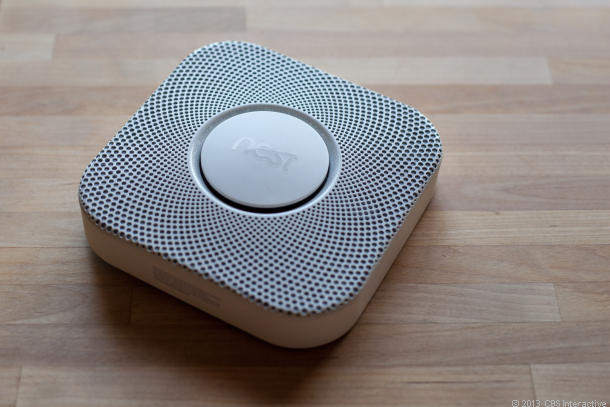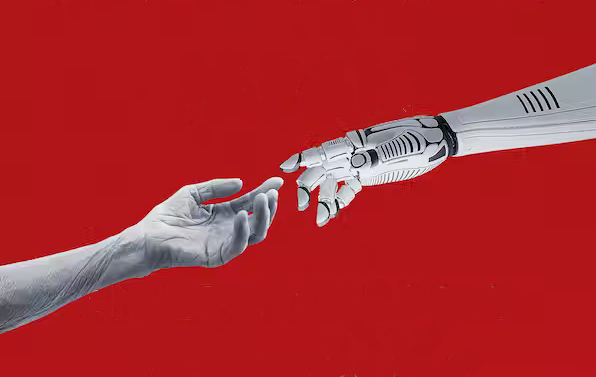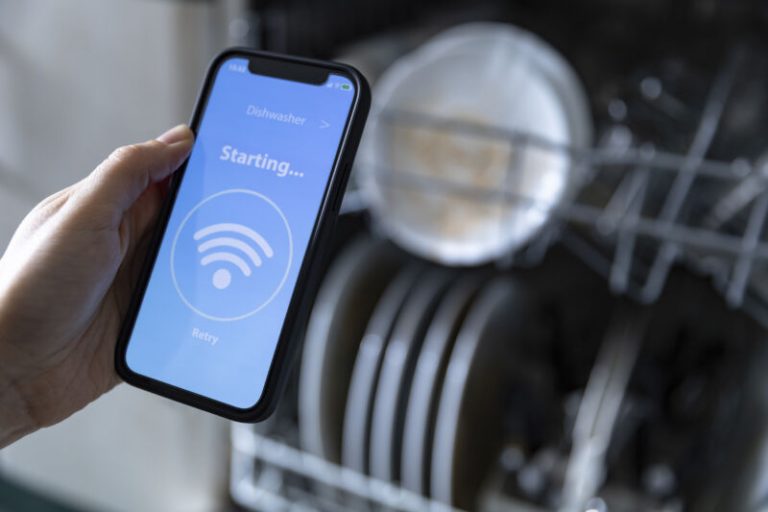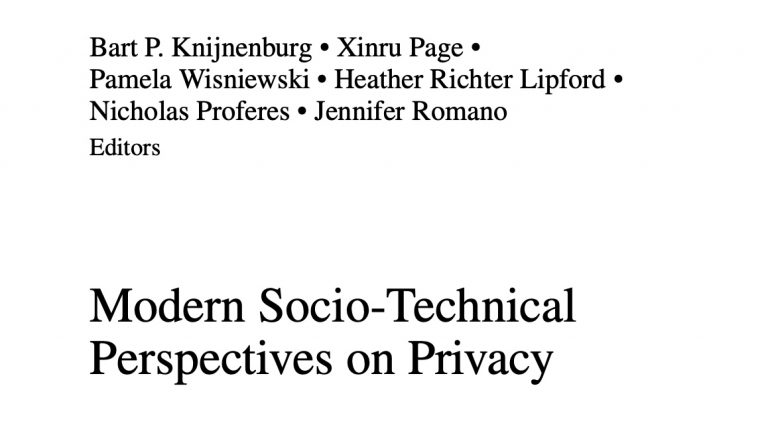How Big Brother’s going to peek into your connected home

The tech industry easily convinced the public to accept a myriad of free services for the price of some loss of privacy. But getting them to embrace the smart home is going to be a far harder sell, writes Nick Statt.
“A Google spin on the smart home could become overwhelmingly influential enough to careen the industry towards a model of free or cheap products with subtle data collection caveats we simply ignore out of apathy or because the alternatives aren’t as good. In the age of NSA surveillance and mass adoption of data-sharing services and social networks, the threat of letting that strategy transition to the home is increasingly worrisome to those who think the option of keeping sacred certain aspects of our person lives should remain intact. […]
That means going forward, the privacy discussion won’t just revolve around what data is being shared, with whom and for what purposes as if the debate were the same conversation that privacy advocates have regarding Facebook. Instead, the connected home market — with its many different products and platforms and no universal privacy protection — is offering consumers a thousand different ways to “make the home smarter,” with each coming with its own set of security risks and protection responsibilities that, if ignored or not followed carefully, can turn a system or product against its owner.”



